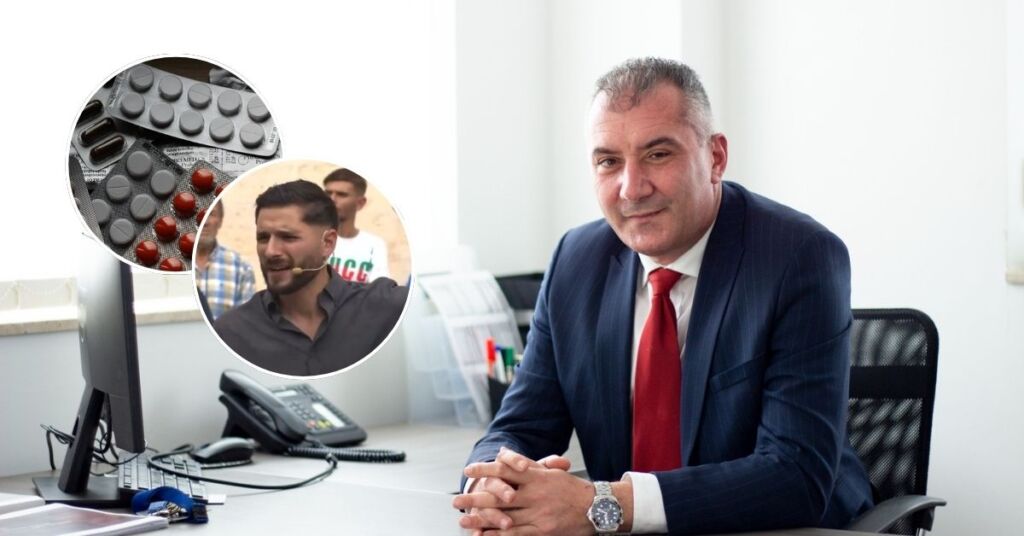Health Minister Requests Standards Investigation After Alex Borg’s Claims On Generic Medicines

Health Minister Jo Etienne Abela has formally asked the Commissioner for Standards in Public Life to investigate Opposition Leader Alex Borg after the newly elected PN leader suggested during a political rally that generic medicines were inferior to their branded counterparts.
Borg made the comment on Sunday in Gozo while criticising the government over recurring medicine shortages. In his speech, he said a future Nationalist government would “guarantee good quality medicines – not generics,” a line that drew instant criticism from the health sector and prompted authorities to move quickly to reassure the public.
The Malta Medicines Authority and the Superintendence of Public Health issued a joint statement later that day, “to allay any alarm” among patients who depend on generic drugs. They cited guidance from the European Medicines Agency confirming that generic medicines contain the same active ingredients, in the same doses, as their branded equivalents, and that they must undergo identical safety, quality, and efficacy checks before being approved for use. The authorities emphasised that all generics available in Malta, whether manufactured locally or imported, meet the same EU and WHO standards as those used across the European Union, the UK, and the US.
In his letter to Standards Commissioner Judge Emeritus Joseph Azzopardi, Abela accused Borg and other PN MPs of “stating very serious misinformation, with the potential of far-flung and deleterious consequences to the health of patients and the public in general”. He wrote that such remarks “go beyond ethics” and that “politicians should safeguard citizens against this type of disinformation, not abet it themselves.”
Abela, who is himself a medical specialist, warned that such statements could undermine public trust in healthcare systems and in the medicines people rely on every day. He described the Opposition’s narrative as “crass disinformation” and cautioned that using medical misinformation to score political points risked “playing mind games and conspiracy theories with the patients in our care.”
A generic drug is an identical version of a branded medicine produced once the patent on the original expires. It must prove bioequivalence, meaning it delivers the same amount of active ingredient into the bloodstream over the same time period.
There can be minor differences between branded and generic drugs – for instance, in fillers, colourants, or coatings – which occasionally affect how certain patients tolerate them. But scientifically, the therapeutic effect is the same. Generics undergo the same rigorous manufacturing and regulatory scrutiny as originator medicines, and in many cases even come from the same factories. Across Europe and the United States, generics make up between 70% and 90% of prescriptions, saving billions in healthcare costs.
While the science is clear that generics must match the safety, strength, and therapeutic effect of the original brand, there can be minor differences that sometimes affect how a small number of patients experience them. These differences are almost always linked to inactive ingredients — things like binding agents, dyes, or fillers — which can alter a tablet’s appearance, taste, or how quickly it dissolves, but not its active performance.
In his closing remarks to the Standards Commissioner, Abela said that “political zeal should never deliver disinformation and potentially deadly advice,” and urged politicians to consult professionals before making sweeping claims about matters of life and death. “It is acceptable to do politics,” he wrote, “but matters of life and death should be discussed with the appropriate professionals and specialist regulators before making dangerous and unqualified remarks.”
What do you make of Borg’s claims?
